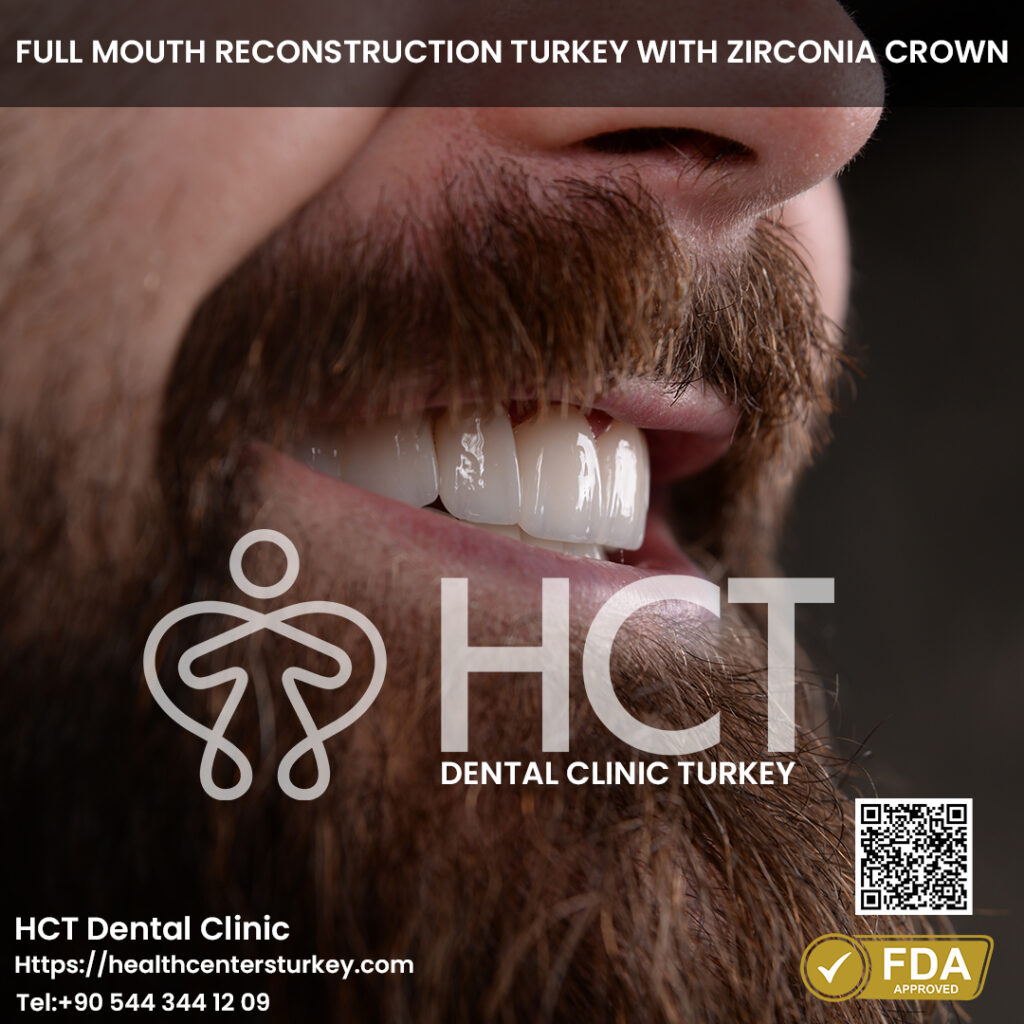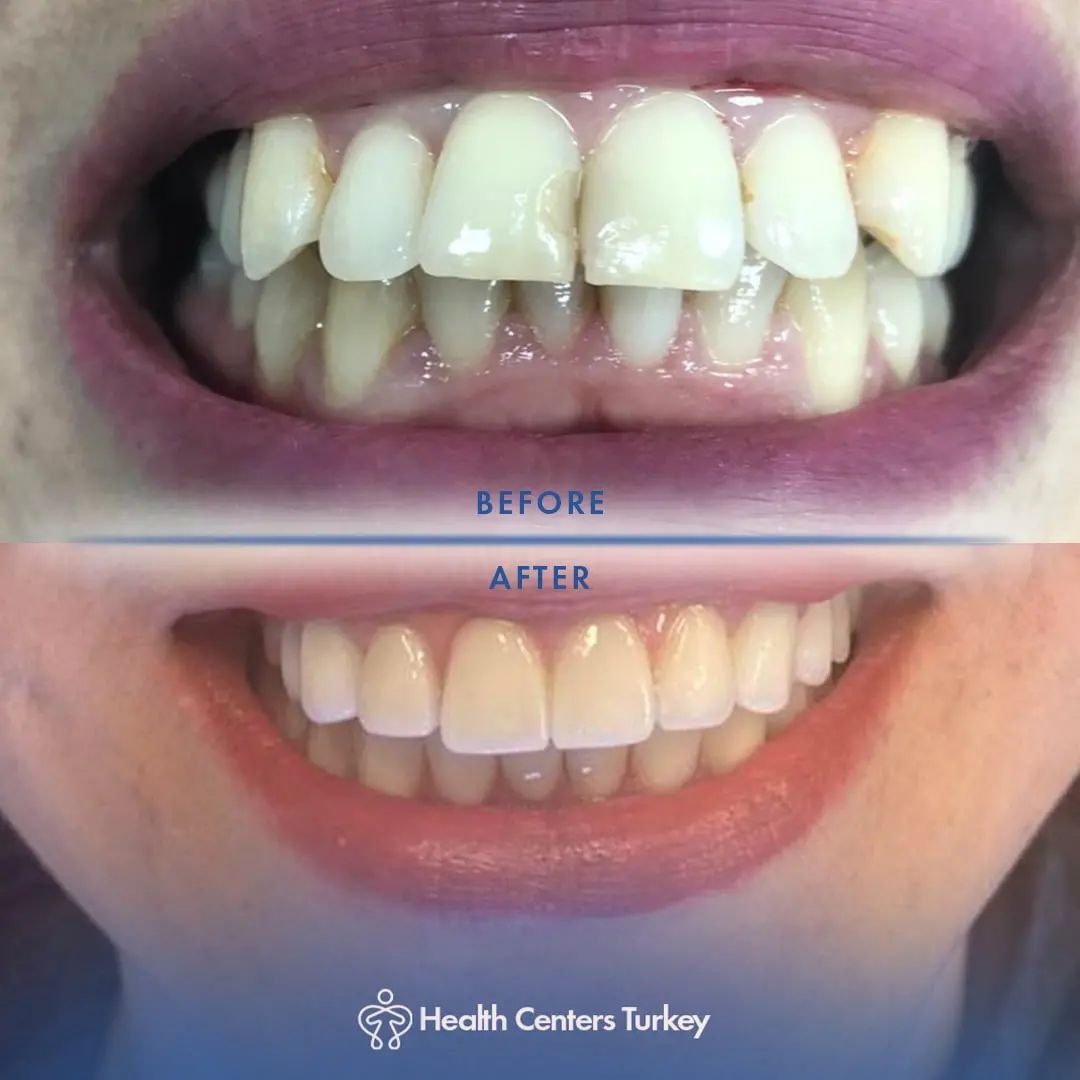Everything You Need to Know About Travel for Dental Care within Turkey

Dental implants have turn out to be a focal point in trendy dentistry, providing a reliable resolution for these facing tooth loss. Among the a number of advantages they provide, one vital aspect value contemplating is their influence on adjacent teeth. Understanding how dental implants have an effect on surrounding teeth aids in making informed choices about oral health.
When a tooth is lost, neighboring teeth can simply shift toward the area left behind. This movement can lead to misalignment, which compromises the general bite and performance of the mouth. Dental implants mimic natural tooth roots, thereby maintaining the position of adjacent teeth.
Innovative Dental Technologies for All Needs
The stability provided by an implant is crucial, because it helps in preserving not just the physical alignment but additionally the structural integrity of the jawbone. When a tooth is missing, the underlying bone can start to deteriorate as a end result of lack of stimulation. An implant exerts stress on the bone during chewing, just like a natural tooth, which promotes bone health.
In some instances, a bridge or partial denture may be considered as a substitute for implants. While these options might restore some performance, they will place additional stress on neighboring teeth. Bridges often require filing down the encompassing teeth to accommodate the anchors, thereby affecting their health over time. Dental implants, on the opposite hand, do not alter present teeth, making them a extra conservative alternative.
Transform Your Smile using Porcelain Veneers
Hygiene becomes one other critical issue when contemplating adjacent teeth in the context of implants. With dental implants, the person can maintain a daily hygiene routine just like natural teeth. Flossing and brushing around the implant are simple, guaranteeing that the gum tissue stays healthy and minimizing the danger of gum disease that would adversely affect adjacent teeth.
Moreover, the supplies used in dental implants are biocompatible. This means they are designed to integrate properly with the body, decreasing the possibilities of an opposed response. This attribute not solely makes the implant safe but also protects nearby teeth from potential issues that could come up due to contamination or infection.
In phrases of aesthetics, dental implants provide a natural feel and appear, carefully resembling authentic teeth. Adjacent teeth profit from this aesthetic enchantment as nicely. When an implant is placed, the surrounding gum tissue can be shaped to mimic natural contours, thereby enhancing the overall appearance of the smile. This aesthetic factor can encourage individuals to invest in their oral care routines, benefiting both the implants and adjacent teeth in the long term.
The Hub for Quality Dental Care at Low Costs
Another concern is the potential for gum disease, which can affect the health of adjacent teeth. Gum disease can happen when plaque builds up round teeth and implants. Regular dental visits and applicable oral hygiene can mitigate this concern. The presence of implants also can serve as a motivator for better dental hygiene practices, as individuals become more acutely aware of maintaining their overall mouth health.
Studies have proven that dental implants can contribute to a big enchancment in quality of life. Patients usually expertise elevated confidence and are much less hesitant to smile or have interaction in social interactions. A wholesome and well-maintained smile not directly promotes higher take care of adjacent teeth, as people tend to turn into extra conscious of their overall oral hygiene.
One often-overlooked aspect is the psychological impression of dental implants on sufferers. Knowing that implants provide long-term solutions can ease the anxiousness related to tooth loss. With check it out fewer worries about future tooth shifts, sufferers usually have a tendency to make investments time and effort into caring for their teeth, which incorporates adjacent teeth.
In conclusion, dental implants function more than only a resolution for missing teeth; they play a pivotal position in sustaining the health and integrity of adjacent teeth. From preventing misalignment to promoting gum health and enhancing aesthetics, the advantages are manifold. By opting for implants, people can not solely restore functionality but also foster a more healthy oral environment for surrounding teeth. The psychological and aesthetic advantages further contribute to an total enhanced quality of life.
Complete Cosmetic Dentistry located in Antalya
In the long run, understanding how dental implants affect adjacent teeth can guide people in making empowered selections relating to their dental health. The integration of these implants into the mouth acts as a stabilizing drive, safeguarding each the physical alignment and functionality of neighboring teeth, whereas promoting a long-lasting, wholesome smile.
- Dental implants typically don't exert pressure on adjacent teeth, sustaining their integrity and reducing the danger of shifting or misalignment.
- The placement of an implant often encourages better oral hygiene habits, positively influencing the health of adjacent teeth by way of improved cleaning practices.
Premium Porcelain Veneers for a Stunning Smile in Turkey
- In some cases, dental implants can stimulate the encircling bone, which helps preserve the natural teeth's place and overall dental structure.

- The gap left by missing teeth can lead to bone loss; dental implants can prevent this, thereby defending adjacent teeth from potential issues.
- Remarkable Dental Care Experiences for Tourists
Incredible Before and After from Dental Treatments in Turkey
- By restoring the function of a missing tooth, implants assist distribute chew forces evenly, reducing put on and stress on neighboring teeth.

- Properly placed dental implants can act as a help structure, preventing unwanted movement of adjacent teeth ensuing from tooth loss.
- The presence of an implant could improve the aesthetic appearance of surrounding teeth by filling in gaps and supporting facial structure.
Personalized Oral Health Care Solutions designed for Every Patient in Turkey
- Dental implants get rid of the necessity for adjacent teeth alteration, in distinction to bridges, which require reshaping the close by teeth for support.
- Implants also scale back the chance of gum disease in comparability with different tooth replacement options, not directly benefiting adjacent teeth by promoting general oral health.
What to Expect from Dental Procedures in Turkey.
- Long-term success of dental implants is linked to the health of surrounding teeth, emphasizing the importance of regular dental check-ups and maintenance.
How do dental implants have an effect on adjacent teeth?
Accessible Teeth Whitening at Leading Centers in Turkey
What are dental implants and the way do they work with adjacent teeth?undefinedDental implants are synthetic tooth roots positioned into the jawbone to help replacement teeth. They don’t have an result on adjacent teeth instantly, as they are impartial structures. Instead, they may help maintain the integrity of surrounding teeth by preventing bone loss.
Can dental implants trigger harm to adjacent teeth?undefinedIf placed correctly, dental implants mustn't harm adjacent teeth. However, improper placement can result in points like misalignment or strain, emphasizing the significance of choosing an experienced dental skilled.
Will dental implants promote bone growth around adjacent teeth?undefinedYes, dental implants help stimulate the jawbone, which might encourage bone progress. This can profit adjacent teeth by sustaining bone density and stability within the area.
Increase Your Self-Esteem by Achieving a Beautiful Smile
Should I fear about gum disease affecting adjacent teeth after getting an implant?undefinedGood oral hygiene is essential after getting an implant. Gum disease can nonetheless affect adjacent teeth, but a correctly maintained implant does not increase that risk. Regular dental visits might help monitor and keep gum health.
What happens to adjacent teeth if I lose a dental implant?undefinedIf a dental implant fails or Our site is misplaced, adjacent teeth could shift because of modifications in chunk alignment and help structure. This might lead to misalignment or extra tooth loss if not addressed.
Are there any particular care requirements for adjacent teeth after getting implants?undefinedMaintaining good oral hygiene practices, together with common brushing, flossing, and dental check-ups, is essential for each dental implants and adjacent teeth to stop decay and gum disease.
Efficient Dental Solutions for Busy Travelers
Do dental implants help help adjacent teeth when chewing?undefinedAbsolutely. Implants can enhance total chunk function, which may alleviate stress on adjacent teeth throughout chewing. This can result in higher distribution of forces, selling oral health.
How can I prevent problems with adjacent teeth and implants?undefinedConsistent dental care, including skilled cleanings and examinations, regular brushing and flossing, and following your dentist’s aftercare instructions, are key to preventing complications.
Can adjacent teeth move if I really have a dental implant?undefinedAdjacent teeth might move if they aren't well-supported, especially after tooth loss. A dental implant helps keep the structure, decreasing the risk of shifting teeth.